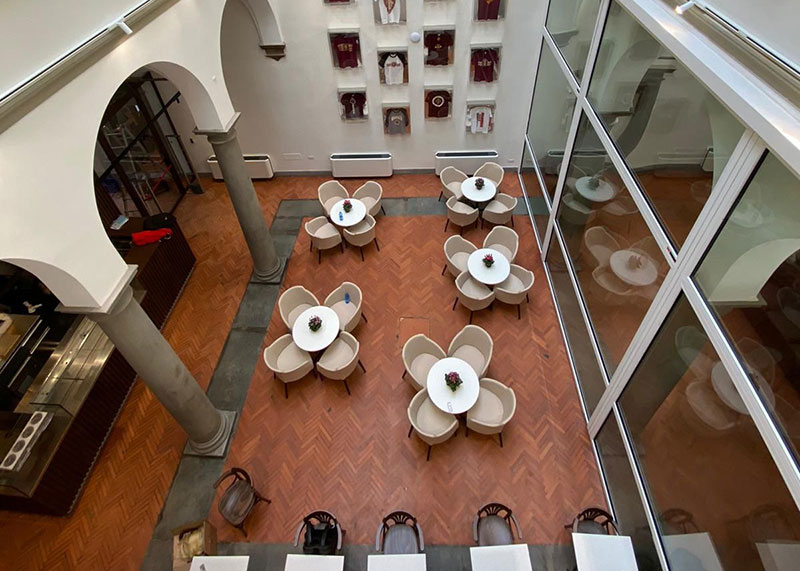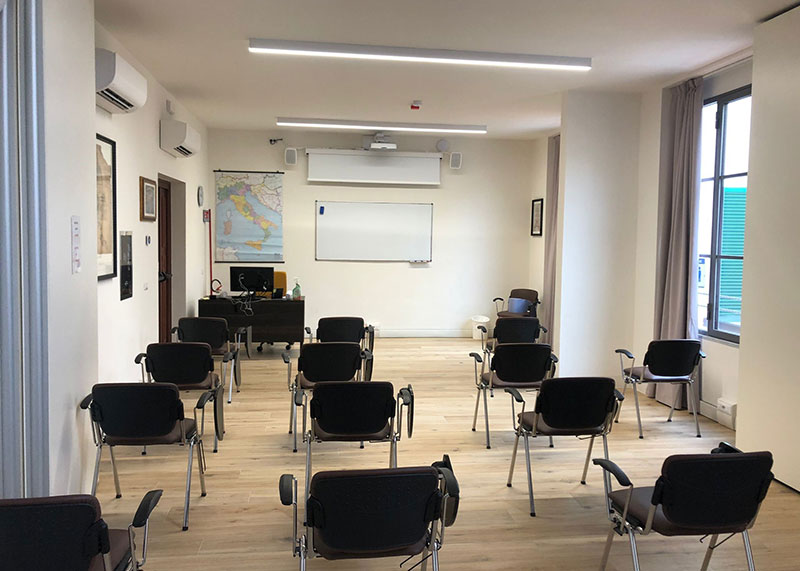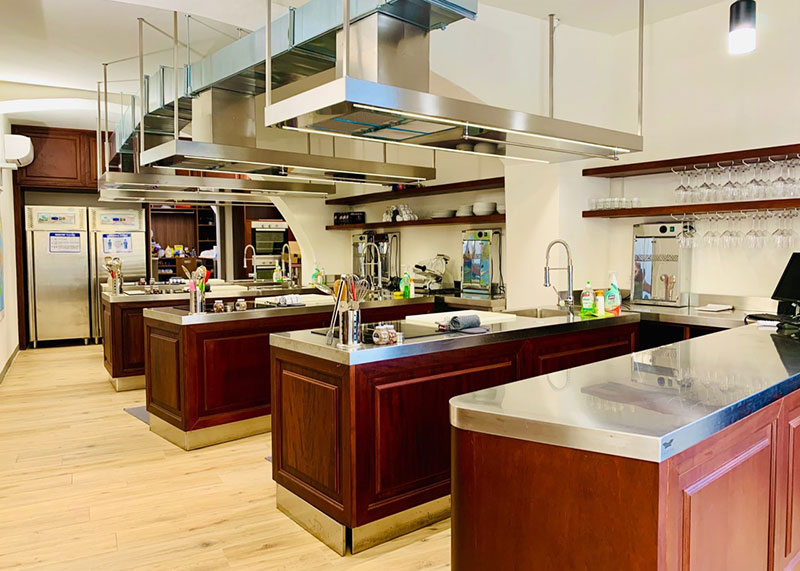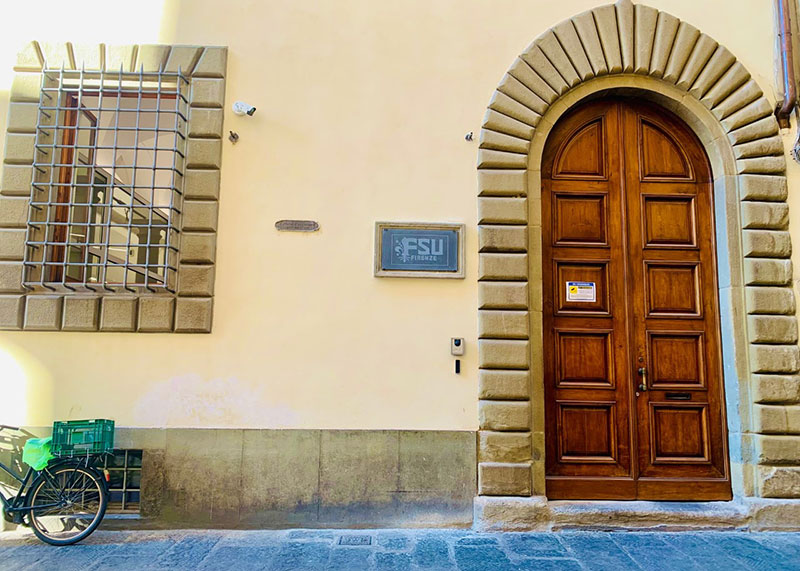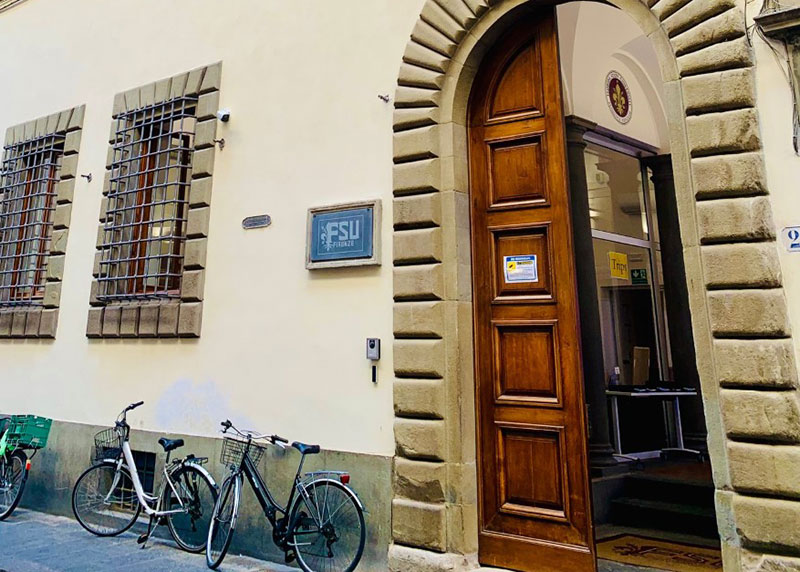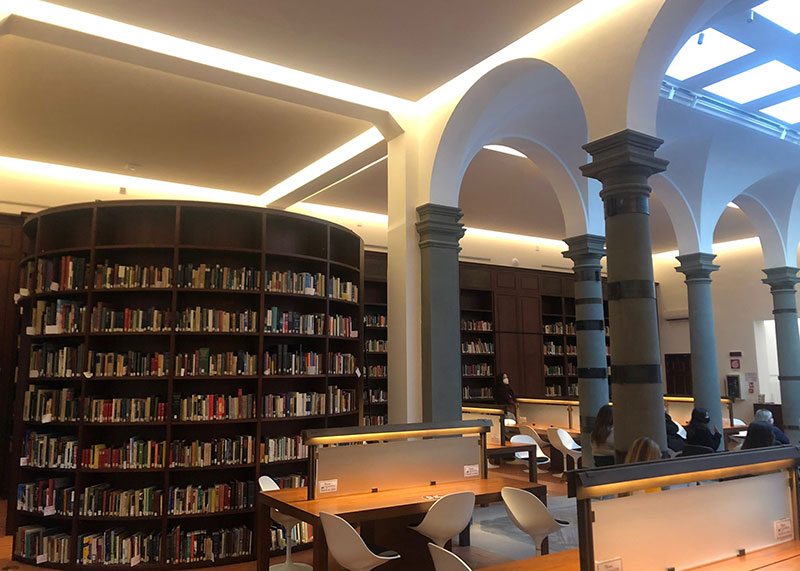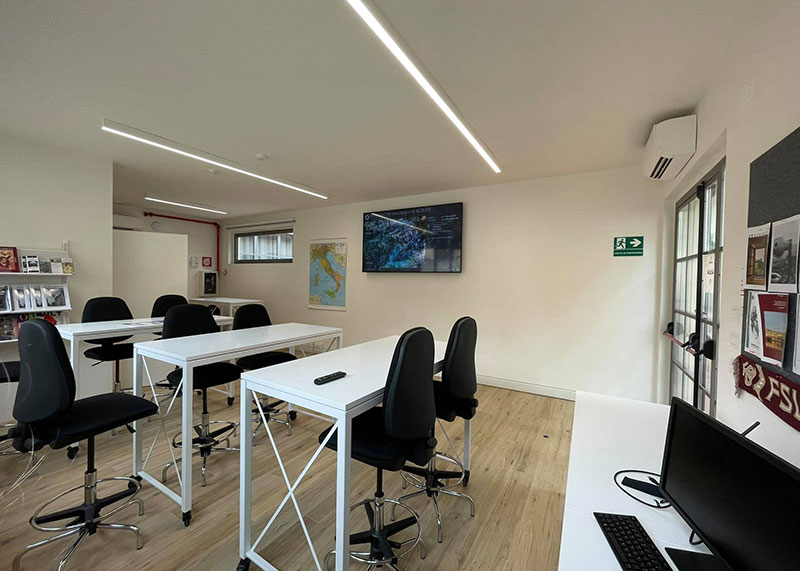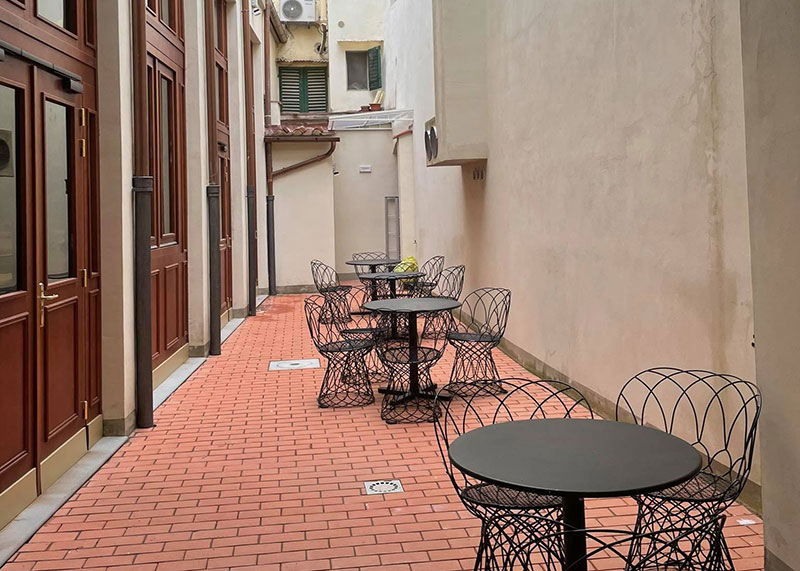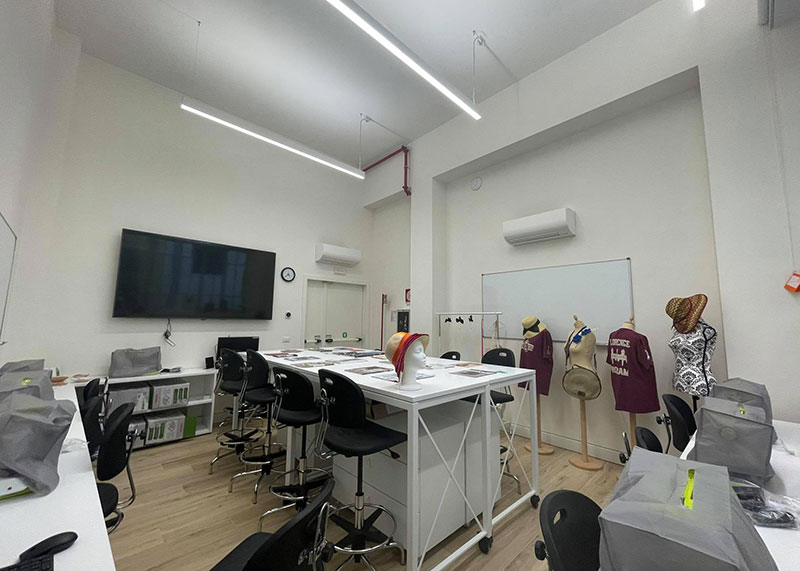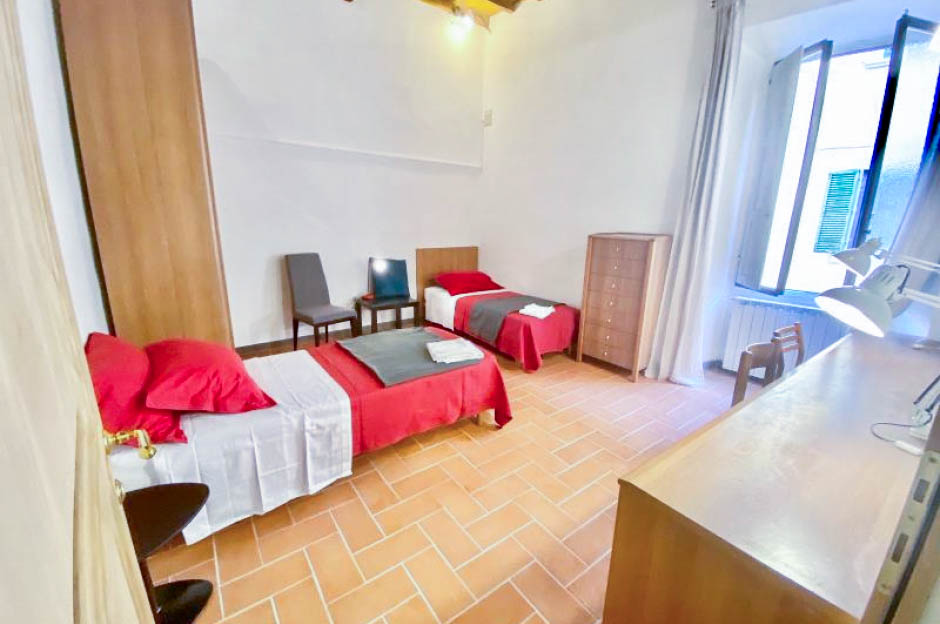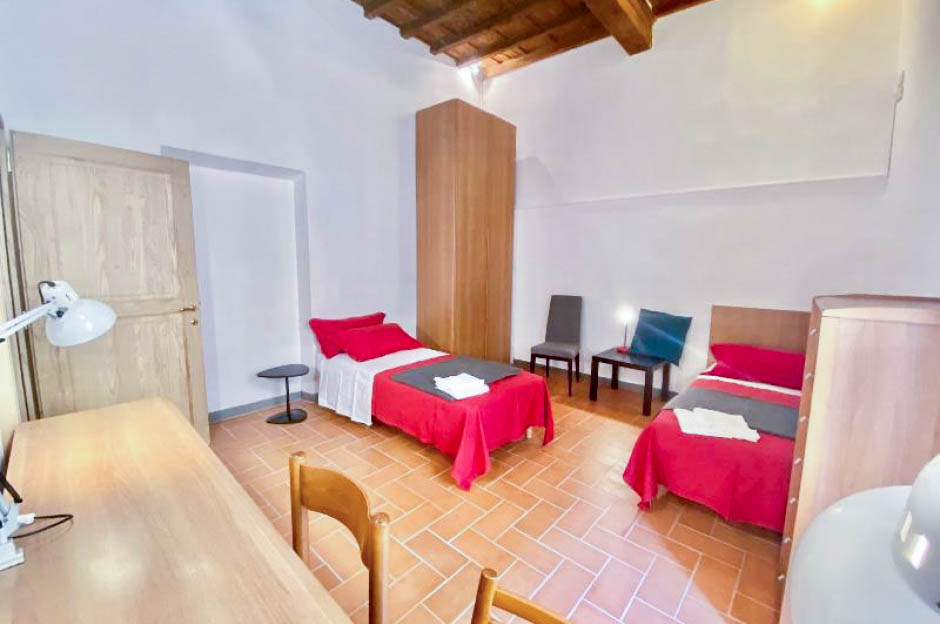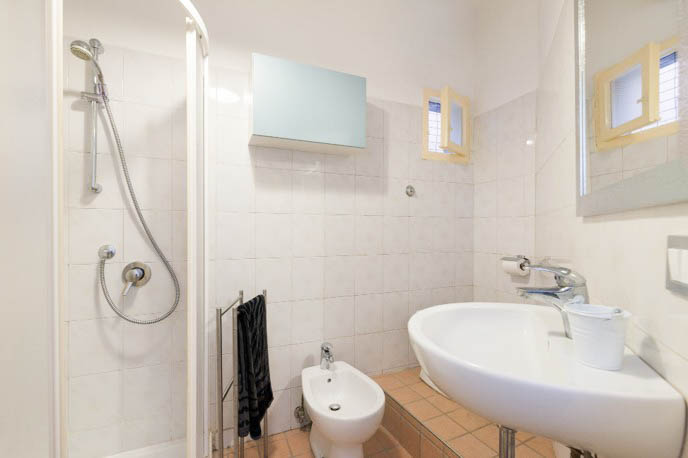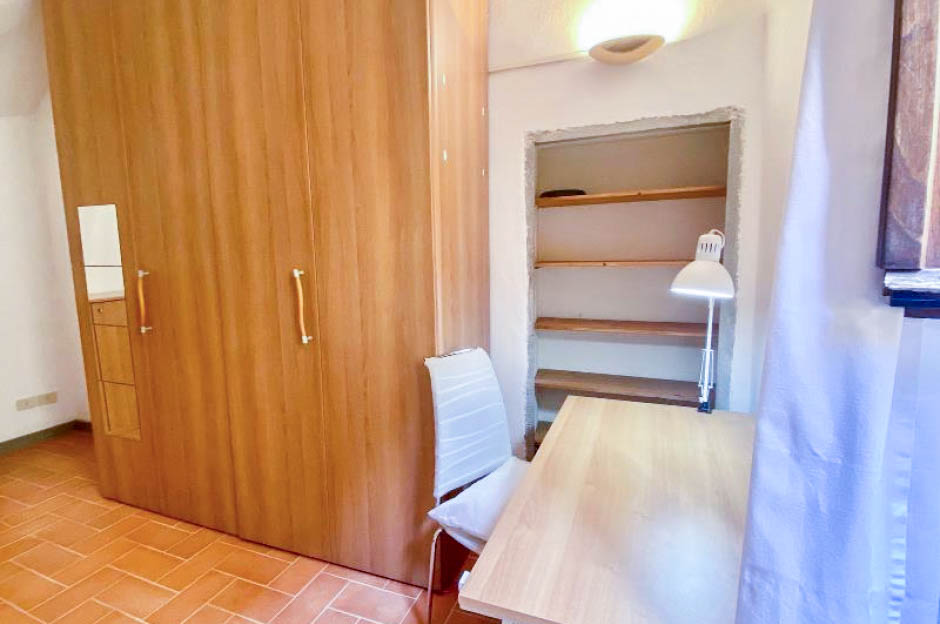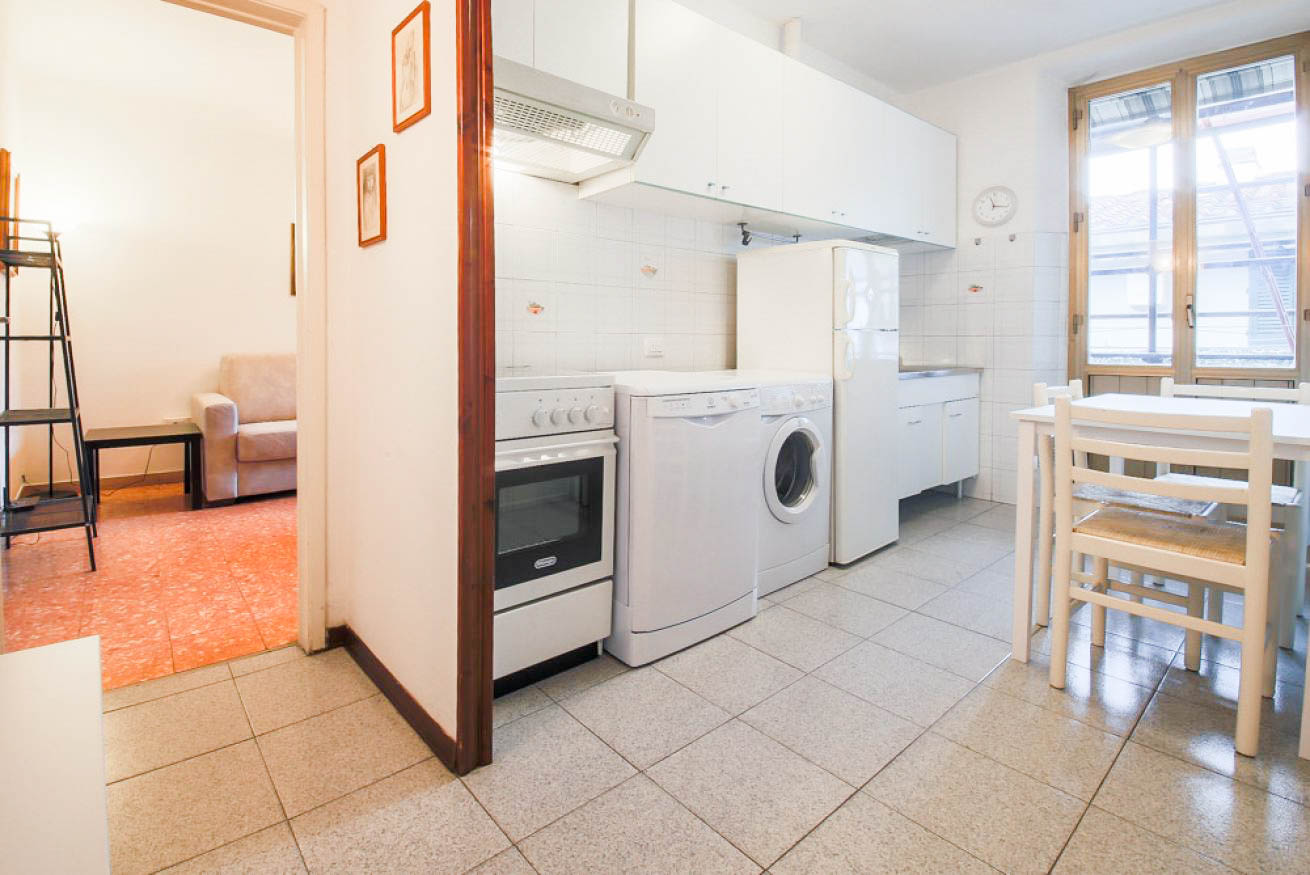FSU Florence
“[You] become immersed in daily life in the city,
form connections with people who work at your favorite eateries,
make lifelong friends […], travel around the area,
and learn so much about the people and culture around you.
Studying abroad is an unforgettable experience.”
– Avery, FSU Florence Program Participant
The World is Your Campus
The World is Your Campus
STUDY CENTER
Housed in a newly restored 16th century Renaissance palace, the study center is located in the heart of the historical downtown of the city. It is a short walk away from the Ponte Vecchio, the Uffizi Gallery, and Piazza della Signoria. FSU Florence features an atrium with a café, a glass-ceiling library, a courtyard, interior & exterior student lounges, classrooms, state-of-the-art fashion and media labs, as well as a Tuscan-style tasting & learning kitchen. 24/7 on-site staffing ensures student safety is the top priority.
HOUSING
Housing on these programs is in shared Florentine-style student residences within a 25-minute walk of FSU Florence along beautiful medieval cobblestone streets. Each residence includes shared, furnished living, kitchen, and dining spaces, as well as washing machines, Wi-Fi, and a cleaning service with a change of bed linens and towels. Meal vouchers that can be redeemed at dozens of local cafés and restaurants throughout Florence are also provided. Overnight guests are not allowed in program housing. Please click here for a listing of recommended hotels in Florence.
STUDY CENTER HISTORY
STUDY CENTER HISTORY
The FSU Flying High Circus tours Europe, accompanied by Dean Roscoe "Ross" Oglesby.
The idea for an FSU campus in Italy was first conceived in Fiesole
outside of Florence in the Ancient Roman Theater.
Dr. Eugene Tanzy serves as the first FSU Florence Study Center Director and establishes the Hotel Capri
as the first FSU home in Florence. Students and faculty arrive in Florence. In November,
the Great Flood of Florence happens, and FSU students and faculty decide not to disband program.
They instead assist in recovery efforts earning the title of 'Mud Angels' from Florentines.
In 1974 archaeology classes with field trips to the Cetamura Etruscan site are added to
the curriculum. The FSU Cetamura Field School begins in 1978.
FSU Florence Program reestablishes itself in the historic downtown of the city, leasing
premises for a new study center at the Alessandri Palace in Borgo degli Albizi.
Dr. Nancy de Grummond of the FSU Classics Department is appointed Director of the
Cetamura Excavations by the Italian Superintendent of Antiquities.
FSU Florence begins accepting students enrolled in the First Year Abroad Program.
FSU Florence celebrates 50 years, and the Mud Angels are reunited in a celebration.
FSU Florence wins its first Fiorenza International School Cup Championship. The major-track
program in Fashion Merchandising and Communication is established. FSU agrees to partner with
the Municipality of Gaiole in Chianti to open the Origins of Chianti Museum to house and display
artifacts from Cetamura (the museum is projected to open in 2023). FSU Students excavate a major
discovery of 190 silver Roman Coins at the Cetamura Site.
The Bagnesi Palace opens as the new FSU Florence Study Center in the heart of Florence. Cetamura
Roman coins exhibited at the Museum of Santa Maria della Scala in Siena. FSU Florence wins its
second Fiorenza International School Cup Championship.
GET TO KNOW THE NEIGHBORHOOD
GET TO KNOW THE NEIGHBORHOOD
Resources
Resources
Want to hear from students about their experiences abroad? Check out IP's social media accounts where students, faculty, alumni, and staff talk about how life-changing study abroad can be.

